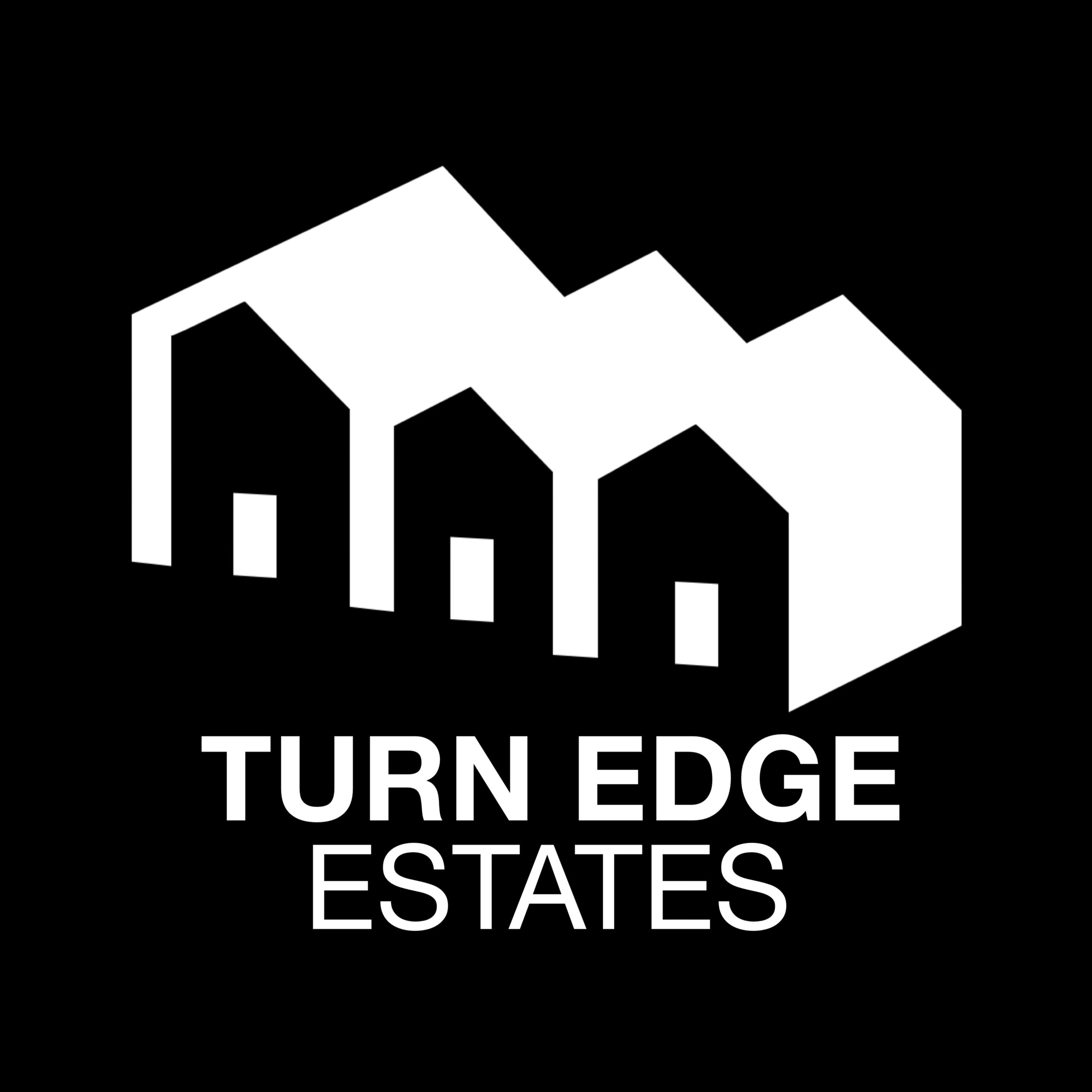In today’s competitive residential real estate landscape, enhancing the value of your residential real estate asset is more crucial than ever. Whether you’re a homeowner preparing to sell, a first-time buyer seeking to build equity, or an experienced investor focused on profitable buy-and-hold or flip strategies, increasing your residential real estate asset’s value can result in substantial financial gains. This article explores practical and effective methods to maximize the potential of your residential real estate asset through appreciation, leverage, and rental income opportunities.
Understanding Property Appreciation: Key Factors That Influence Your Residential Real Estate Asset’s Investment’s Growth
Appreciation is the increase in the value of an asset over time, and it can result in significant financial gains when selling or higher rental income for property owners. While homes generally appreciate at rates of around 3-5% per year, it is possible for a property to lose value if not well-maintained or updated. A range of factors affect the appreciation of residential real estate assets, but a few of these factors are within your control.
Location, Location, Location
As the saying goes, location is paramount when it comes to real estate. The desirability of your neighborhood will directly influence your home’s appreciation potential. Areas with low crime rates, excellent schools, and proximity to public transportation, shopping, and amenities are always in demand. Additionally, communities with a growing job market and revitalization projects are poised for future growth, which typically leads to rising home values. Homes located in such areas tend to appreciate faster than those in declining or less accessible neighborhoods.

Targeted Home Improvements and Renovations
When it comes to adding value to your home, not all renovations offer the same return on investment. Strategic, thoughtful upgrades can significantly boost your property’s worth, while others may offer diminishing returns. The key is to focus on high-impact areas that appeal to most buyers.
- Kitchen and Bathroom Upgrades: The kitchen and bathroom are two of the most important areas in a home. Buyers are often willing to pay more for modern, functional spaces. Updating your kitchen with new countertops, energy-efficient appliances, and sleek cabinetry can make a huge difference. In the bathroom, replacing outdated fixtures such as sinks, faucets, and lighting can make the space look fresh and inviting.
- Energy Efficiency: Adding energy-efficient features such as double-glazed windows, LED lighting, and energy-efficient HVAC systems not only attracts environmentally-conscious buyers but can also reduce long-term operational costs.
- Smart Home Technology: Integrating smart home technology, such as a smart thermostat, security cameras, and home automation systems, is a modern upgrade that adds both convenience and value.
Enhancing Outdoor Spaces and Curb Appeal
Increasingly, buyers are placing a high value on outdoor living spaces. Whether it’s a well-designed patio, an outdoor kitchen, or a beautifully landscaped garden, outdoor areas can significantly enhance your property’s appeal. Adding a deck or patio not only extends your living space but can also create a great area for entertainment.
Curb appeal is often the first thing a potential buyer notices, and it sets the tone for the rest of the property. Simple yet effective upgrades like fresh landscaping, painting the exterior, upgrading the front door, and adding new lighting can create a positive first impression and increase perceived value.
The Power of Rental Income: Building Wealth Through Your Residential Real Estate Asset
In today’s dynamic residential real estate asset market, property owners are increasingly considering the option of renting out their properties rather than selling or leaving them vacant. Renting out a residential property can provide a steady stream of passive income and help offset the costs of ownership. Over time, as property values rise and rental rates increase, this income can grow, providing long-term financial stability.
Many homeowners also consider renting out their properties through short-term rental (STR) platforms like Airbnb, which can result in higher returns compared to traditional long-term rentals. If your home is in a tourist-friendly area or close to popular attractions, short-term rentals can be especially lucrative.
However, becoming a landlord comes with its own set of responsibilities, including managing tenants, maintenance, and adhering to local laws, so it’s important to weigh these factors carefully before making a decision.
Leveraging Debt for Growth: Turning Your Residential Real Estate Property into a Profitable Asset
Leverage is a powerful tool that allows residential real estate asset owners to use borrowed money to increase the potential return on their investment. By using a mortgage or private loans, you can acquire residential real estate assets that might otherwise be out of reach. Most lenders require at least a 20% down payment for residential real estate assets, but there are programs available that allow you to put down less.
For example, let’s say you purchase a $300,000 property with a 20% down payment of $60,000. If the property appreciates by 5% per year, the value would increase by $15,000 in just one year. Without leverage, that same $60,000 would only allow you to purchase a $60,000 property. As you can see, using leverage can significantly amplify your residential real estate asset returns, and over time, the use of leverage can make a substantial positive impact on your overall wealth.
You can also use the equity you’ve built in your property as leverage for future investments. Home Equity Lines of Credit (HELOC) allow you to borrow against the equity in your home to fund a variety of expenses, including additional property purchases, home renovations, education, or business ventures.
Maximizing Savings: How Tax Deductions Can Offset Homeownership Costs
Homeownership comes with a variety of expenses, but there are tax benefits that can help offset some of these costs. According to the IRS Tax Tips Page, homeowners may be able to deduct certain costs, including state and local real estate taxes (up to a $10,000 limit) and mortgage interest. These deductions can reduce your taxable income, lowering your overall tax bill and saving you money each year.
If you own a rental property, there are additional tax advantages. Expenses related to maintaining and managing the property, such as repairs, property management fees, and even mortgage interest, may be deductible. Consulting with a tax professional can help ensure you are maximizing your deductions and minimizing your tax liabilities.
Protecting Your Investment: Financial Planning for Property Maintenance
Proper maintenance is essential for protecting your residential real estate investment. Regular upkeep not only helps maintain the property’s value but also prevents costly repairs down the road. It’s crucial to create a financial plan for ongoing maintenance. A good rule of thumb is to set aside around 1% of the property’s value each year for maintenance, or budget 3 months’ worth of typical expenses (including utilities and mortgage payments) for unexpected repairs.
Creating an emergency fund for repairs and maintenance is also a wise financial strategy. Unexpected issues like roof damage, plumbing problems, or appliance failures can arise at any time, and having the funds available to handle these situations can prevent you from having to dip into your savings or take on high-interest debt.
Bottom Line
Making your residential real estate asset work for you requires a combination of strategic planning, smart investments, and a long-term approach. Whether you’re focused on property appreciation, rental income, or leveraging debt for growth, there are a variety of ways to maximize your home’s value and generate wealth. By understanding the key factors that drive real estate value—such as location, home improvements, and smart financial management—you can turn your home into a valuable asset that works for you now and in the future.
Unlock the Full Potential of Your Real Estate Asset with a Fast Cash Offer from Turn Edge Estates
If you’re ready to take action and capitalize on the potential of your residential real estate asset, we’re here to help. At Turn Edge Estates, we specialize in making fast, fair cash offers on homes in any condition. Whether you’re looking to sell quickly, avoid costly repairs, or simply want a hassle-free transaction, our team is committed to providing a seamless experience. Reach out today for a no-obligation cash offer and let us help you unlock the value of your property. Don’t wait – turn your real estate asset into the opportunity you deserve!

